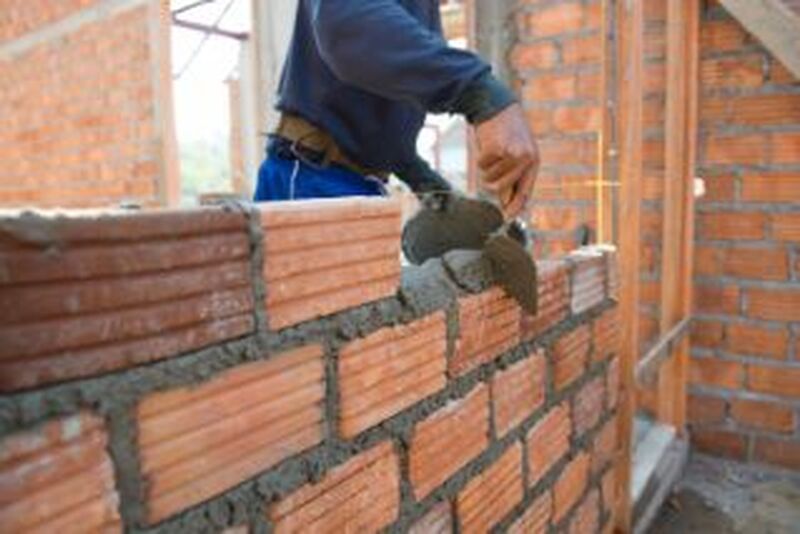FEARS council housing tenants will be plunged into a winter crisis due to homes’ poor insulation have been expressed after it was revealed up to 2,000 Barnsley properties could require measures to boost their energy efficiency.
The ongoing cost-of-living crisis was laid bare this week when Berneslai Homes - which manages Barnsley Council’s housing stock - revealed ‘just over 2,000’ properties deemed ‘non-traditional’ will all need some level of retrofitting.
Housing known as Hawthorn Leslie ‘non-traditional’ builds were built between 1964 and 1979 but only use minimal brickwork for aspects such as semi-detached partition walls and instead have steel frames and cladding - something which tenants believe has contributed to poor fuel efficiency.
The Chronicle can reveal about 250 homes contain asbestos, so are ineligible for any retrofitting work such as fabric installation or low-carbon technology.
One Berneslai Homes tenant, who did not wish to be named, told the Chronicle there are ‘genuine worries’ about what the coming, colder months will bring.
“I live in what was a prefab, having now been enveloped with simulated stone external wall but still has a dry lining wall with no insulation between.
“There’s a metal roof with no roof insulation and a void under the floor, again with no insulation - so that’s below, above and sides without proper insulation.
“I was sent an email from Berneslai Homes that states due to the fact that there is likely asbestos within the bungalow there is no chance of retrofitting within the near future.
“There are no plans at moment to future-proof these homes - what does that say about the longer-term issue of insulating these properties?
“During the extraordinary heatwave in July it was 40C-plus in our bungalow, and very cold in winter, requiring significant heat to keep warm.
“The cost-of-living crisis that will bring huge concerns for those on low incomes, part-time contracts, or zero hours contracts possibly will significantly add to homelessness in Barnsley.
“What’s needed now is a proper consultation with tenants, Berneslai Homes and the council - answers need to be provided as to what is going to happen.”
It comes after £500m was allocated to councils through the several-phase Local Authority Delivery (LAD) scheme to raise energy efficient of low-income and low-energy performance social housing stock.
A Berneslai Homes spokesperson confirmed there are no plans to demolish these homes, despite calls being made to do so due to their poor efficiency.
Energy performance certificates - known as EPC ratings - are ranked from A for most efficient to G for least efficient and Berneslai Homes bosses have previously outlined plans to bring properties in E, F and G ratings to C through the LAD scheme.
“Berneslai Homes manages just over 2,000 non-traditional property types on behalf of the council - these will all need some level of retrofitting but without surveys or assessments we cannot determine the full suite of energy efficiency measures required,” the spokesperson said.
“We would have to assess the works required to remove asbestos safely with any retrofit works in the future on a property-by-property basis.
“Government funding will not cover the full retrofitting of the stock.
“We have priorities for building safety, repairs and maintenance and capital investment programmes to consider.
“Eligibility for properties to be included on the LAD scheme were that they would have an EPC of band E, F or G and retrofitting would bring the property to band C following works.
“We are currently working to the national and local targets and ambitions which are properties to be EPC ‘C’ for 2030 and be net zero carbon for 2045 for the council.
“Unfortunately, there are issues with specific Berneslai Homes property types from a health and safety perspective that meant as a consequence they could not be included in the LAD programme to receive energy efficiency measures.”


























